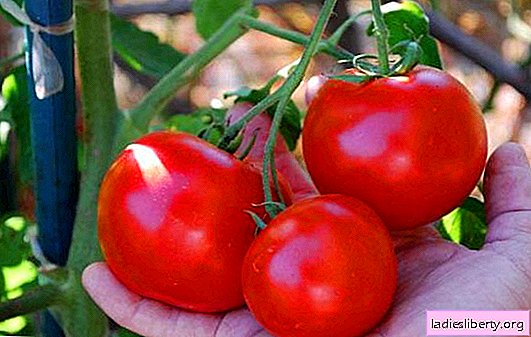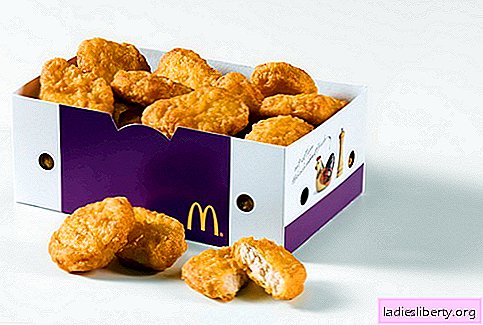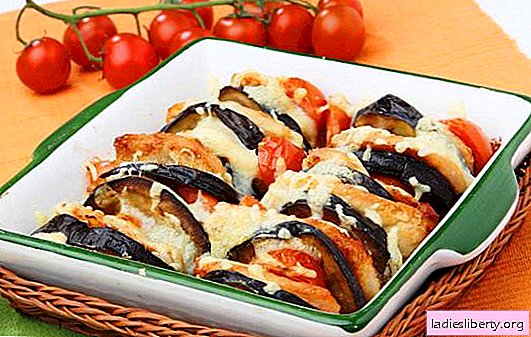
In the United States, about 1 million people go on a gluten-free diet. Russians are also increasingly refraining from gluten-containing products - pasta and bread. But is refusing gluten really beneficial?
What is celiac disease?
Gluten is a protein mixture found in many cereals. It has the ability to stabilize, adhere and bind water. Therefore, the product is often used in the food industry as a “glue”.
It is important for patients with diagnosed celiac disease to avoid eating foods containing gluten.
About 800,000 people in Russia suffer from chronic disease of the small intestine. The use of protein mixtures leads to autoimmune inflammation of the small intestine and regression of the villi. Typical symptoms include diarrhea, abdominal pain, and nausea.
Celiac disease has gone unnoticed for many years.
In 80-90% of cases, gluten intolerance is not diagnosed.
Therefore, abstaining from gluten-containing foods also helps improve the health of many people. The only treatment for celiac disease is strict and lifelong renunciation of wheat, rye and barley.
Gluten rejection for wheat intolerance
Scientists explain that with an allergy to wheat, reducing the amount of gluten-containing foods improves overall health. With increased sensitivity, it is not gluten itself, but the so-called trypsin amylase inhibitors that cause intestinal discomfort. Trypsin amylase inhibitors are also found in gluten-containing foods.
An Italian study showed that gluten in people without celiac disease causes flatulence and abdominal pain. The team, led by researcher Antonio DiSabatino, believes that people may develop a new form of gluten sensitivity.
Many people notice that they are better off without gluten.
Some believe that their skills and concentration increase with the rejection of protein. However, this is mainly due to the unrecognized intolerance of wheat or gluten.
Experts suggest that many people are simply unaware of their illness. The number of undiagnosed cases is very high. Therefore, it may be very useful for some people to exclude gluten-free foods from their diet.
Does a gluten-free diet help healthy people?
For healthy people, a gluten-free diet has limited benefits. Positive research results, as in Italy, are often associated with the placebo effect. If people think that they eat healthy food, they automatically feel better.
However, not giving up gluten itself leads to better health, but the habits associated with this diet. People who eat gluten-free foods often take less processed foods.
Are experts advising healthy people to give up gluten-free foods?
Refraining from gluten-containing foods is not recommended unless there are symptoms of an allergy to wheat or celiac disease. In some cases, this can even lead to side effects.
Gluten-free bread and bakery products have an unpleasant taste and smell. Many people do not like alternatives. Large doses of sugar, fat and emulsifiers, as well as stabilizers, are often used to improve the taste of foods.
In general, gluten-free foods contain more calories and less fiber.
Sometimes gluten-free foods cause weight gain. Therefore, consuming gluten-free products, you should pay close attention to the list of ingredients. Even gluten-free foods vary greatly in quality. They are usually much more expensive than regular ones.
Should healthy people give up gluten completely?
Gluten, of course, is harmful to people with celiac disease. However, healthy people should not completely abandon wheat or barley products.
Whole grain fiber is an important component of the intestinal flora and slows down the absorption of sugar in the intestines.
ATTENTION! Scientists warn that the rejection of gluten limits the development of the child.
Children should eat a balanced diet, including meat and a small amount of fiber. With each food restriction, the diversity of the intestinal flora decreases.











